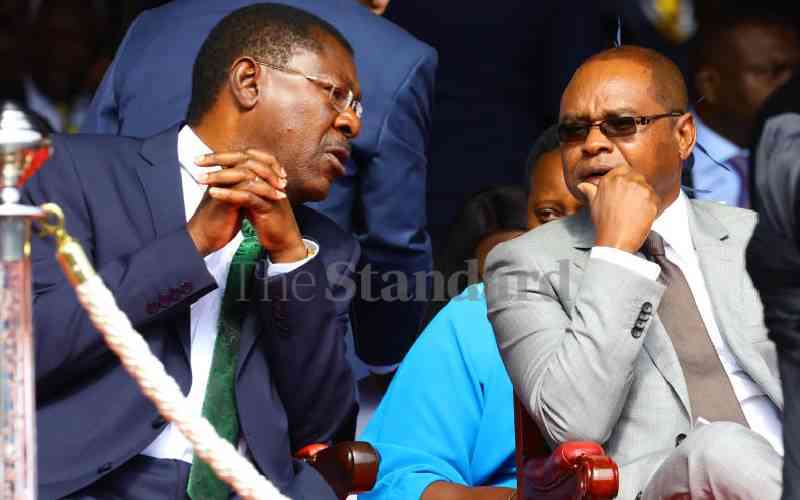×
The Standard e-Paper
Stay Informed, Even Offline

A Kenyan seeking to have Parliament investigate the Standard Gauge Railway (SGR) has questioned why the bicameral House has shelved a petition he filed.
In a letter to Speakers Moses Wetang'ula (National Assembly) and Amason Kingi (Senate), certified fraud examiner Bernard Muchere wonders why a petition he filed in June last year was yet to be tabled in both Houses.